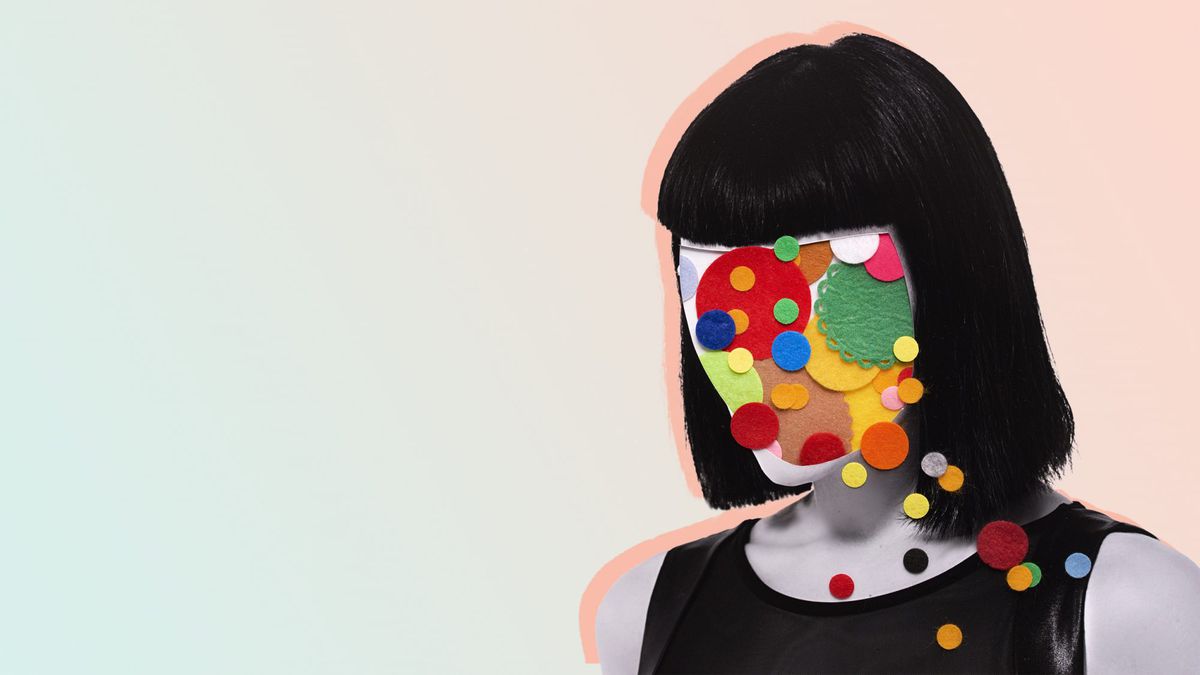As far as mental illness goes, psychotic disorders are some of the more severe mental disorders—two main symptoms of which often include delusions and hallucinations, according to the US National Library of Medicine's resource MedlinePlus.
Delusions in particular are defined as false beliefs, and are often grouped into the subsections of bizarre delusions (delusions that are not plausible, like believing your organs are in the wrong places within your body), and nonbizarre delusions (delusions that are possible, but not probable, like believing a stranger is in love with you).
If a person's delusions last longer than one month—and they aren't showing symptoms of schizophrenia, like hallucinations—they may be diagnosed with delusional disorder, per the American Psychiatric Association's Diagnostic and Statistical Manual of Mental Disorders, Fifth Edition (DSM-5). In order to be diagnosed with delusional disorder, the person's delusion must also not be explained by other disorders, like body-dysmorphic disorder or obsessive-compulsive disorder.
RELATED: How to Talk About Your Mental Illness at Work
According to Tatiana Falcone, MD, a psychiatrist at the Cleveland Clinic, delusional disorder is a condition in which people have very strong beliefs about something that isn't true—and often, those people aren't able to distinguish between the those imagined "truths" and reality. She adds that, when someone's experiencing those delusions, they're unable to see or realize they're experiencing paranoid or delusional thoughts.
The DSM-5 also points out that delusional disorder can be broken up into seven different types:
- Erotomanic type: When the person believes another person is in love with them.
- Grandiose type: When the person believes they have a great talent or have made a great discovery.
- Jealous type: When the person believes a spouse is unfaithful.
- Persecutory type: When the person believes someone is out to get them and wants to harm them.
- Somatic type: When the person has delusions regarding bodily functions.
- Mixed type: When a person has multiple types of delusions.
- Unspecified type: When a person has delusions that can't clearly be determined.
RELATED: 6 Images That Perfectly Capture the Stigma of Living With a Mental Illness
Delusional disorder seems to be rare—it has a lifetime prevalence of just 0.2%, per the DSM-5—and affects men and women at equal rates, though it does show up more often in older age groups.
According to Dr. Falcone, those diagnosed with delusional disorder may develop it due to a complicated history, like a previously treated illness they believe still plagues them. Sensory issues—like impaired hearing or vision—have been known to lead to delusional disorder too, according to Dr. Falcone. The Cleveland Clinic adds that, while the exact cause of delusional disorder is unknown, it may have links to genetics, as well as biological and environmental factors.
While there's no real cure for delusional disorder, treatment options typically include therapy (like cognitive-behavioral therapy) and/or antipsychotic medications, says Dr. Falcone. However, she adds that presenting those with delusional disorder with evidence that disproves their beliefs doesn't usually work. "It's really hard to help them get away from that encapsulated thought," she says.
To get our top stories delivered to your inbox, sign up for the Healthy Living newsletter
